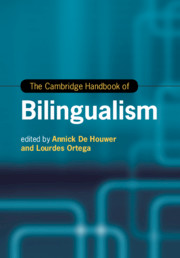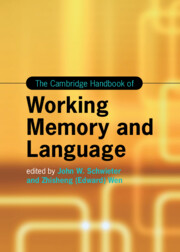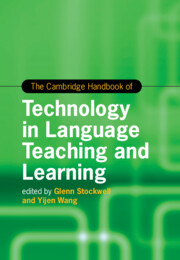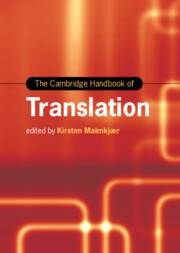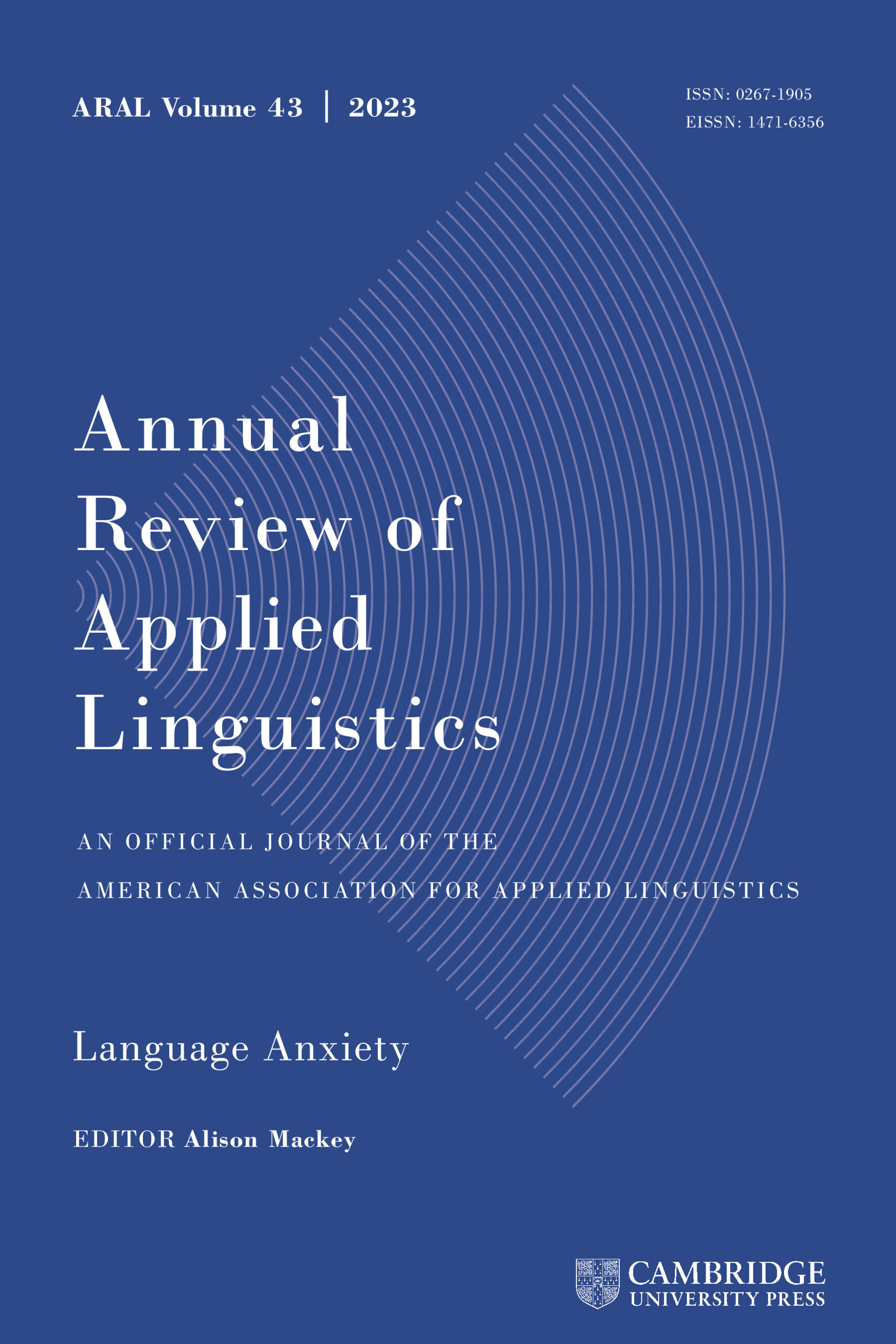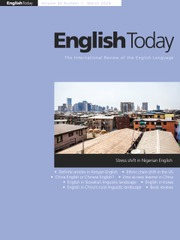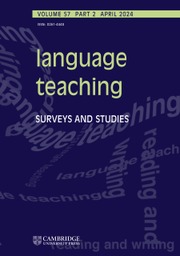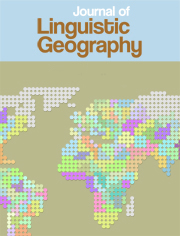The Cambridge Handbook of Bilingualism
The ability to speak two or more languages is a common human experience, whether for children born into bilingual families, young people enrolled in foreign language classes, or mature and older adults learning and using more than one language to meet life's needs and desires. This Handbook offers a developmentally oriented and socially contextualized survey of research into individual bilingualism, comprising the learning, use and, as the case may be, unlearning of two or more spoken and signed languages and language varieties. A wide range of topics is covered, from ideologies, policy, the law, and economics, to exposure and input, language education, measurement of bilingual abilities, attrition and forgetting, and giftedness in bilinguals. Also explored are cross- and intra-disciplinary connections with psychology, clinical linguistics, second language acquisition, education, cognitive science, neurolinguistics, contact linguistics, and sign language research.
- The book is richly illustrated with examples of standard spoken and signed languages, as well as non-standardized varieties
- Examines the global and micro issues that shape bilingualism, including ideology, language education, cognitive science and neurolinguistics
- Covers a wide range of different types of bilingual speakers and diverse contexts
Reviews & endorsements
'This is the most up-to-date collection of insights into bilingualism to appear over the past ten years. It represents a significant contribution to an all-embracing view of the many facets of bilingual research and should become foundation reading for all those intending to delve further into this exciting domain.' Hugo Baetens Beardsmore, Université libre de Bruxelles, Belgium, and Emeritus Professor of English and Bilingualism, Vrije Universiteit Brussel, Belgium
'A stunning and accessible compilation, anchored in expertise and courageous in charting the dynamic and evolving terrain of research on individual language acquisition and bilingualism. Bravo to the editors for their inclusive and lifespan approach to language learning, use and unlearning and their willingness to encourage scrutiny of long-held beliefs about bilingualism, monolingualism and language.' Nancy H. Hornberger, University of Pennsylvania
'The editors of this Handbook have done a tremendous job in offering readers an exceptionally broad spectrum of views on phenomena of individual bilingualism across the life span: A wealth of well-structured information and new insights, timely and truly refreshing, even for established researchers.' Jan Hulstijn, Universiteit van Amsterdam
Product details
November 2018Hardback
9781107179219
678 pages
255 × 180 × 33 mm
1.52kg
3 b/w illus.
Available
Table of Contents
- Introduction. Learning, using and unlearning more than one language Annick De Houwer and Lourdes Ortega
- Part I. Bilingual Learning and Use at Five Stages of Life:
- 1. Becoming bilingual in early childhood Ludovica Serratrice
- 2. Bilingualism from childhood through adolescence Martha Bigelow and Penelope Collins
- 3. Young bilingual adults Kellie Goncalves
- 4. Bilingualism in midlife David Singleton and Simone E. Pfenninger
- 5. Language and older bilinguals Mira Goral
- Part II. The Larger Contexts of Bilingualism:
- 6. Ideologies of language, bilingualism, and monolingualism Janet M. Fuller
- 7. Bilingualism and the law Philipp S. Angermeyer
- 8. Language planning and policies for bilingualism Joseph Lo Bianco
- 9. The economics of bilingualism Francois Grin
- Part III. Contexts for Bilingual Learning and Unlearning:
- 10. The nature of exposure and input in early bilingualism Sharon Armon-Lotem and Natalia Meir
- 11. Becoming bilingual through additive immersive programs Maria Juan-Garau and Roy Lyster
- 12. Foreign language learning from early childhood to young adulthood Carmen Munoz and Nina Spada
- 13. Supporting bilingualism in adult first generation migrants James Simpson
- 14. Unlearning and relearning of languages from childhood to later adulthood Merel Keijzer and Kees De Bot
- Part IV. The Dynamics of Bilingualism across the Lifespan:
- 15. The measurement of bilingual abilities Jeanine Treffers-Daller
- 16. Highly proficient and gifted bilinguals Adriana Biedron and David Birdsong
- 17. Language choice in bilingual interaction Annick De Houwer
- 18. First language attrition: from bilingual to monolingual proficiency? Barbara Kopke
- Part V. Bilingualism Research across Disciplines:
- 19. Bilingualism in clinical linguistics Carol Scheffner Hammer and Lisa A. Edmonds
- 20. Doing and undoing bilingualism in education Ofelia Garcia and Ruanni Tupas
- 21. Second language acquisition as a road to bilingualism Lourdes Ortega
- 22. Bilingualism in cognitive science: the characteristics and consequences of bilingual language control Kenneth R. Paap
- 23. Bilingualism in neurolinguistics: from static to dynamic approaches Arturo E. Hernandez
- Part VI. Bilingual Connections:
- 24. Bilingualism and sign language research Gladys Tang and Felix Sze
- 25. Bilingualism and bidialectalism Jean-Pierre Chevrot and Anna Ghimenton
- 26. Bilingualism and language contact Suzanne Aalberse and Pieter Muysken
- 27. Bilingualism and multilingualism Suzanne Quay and Simona Montanari.

